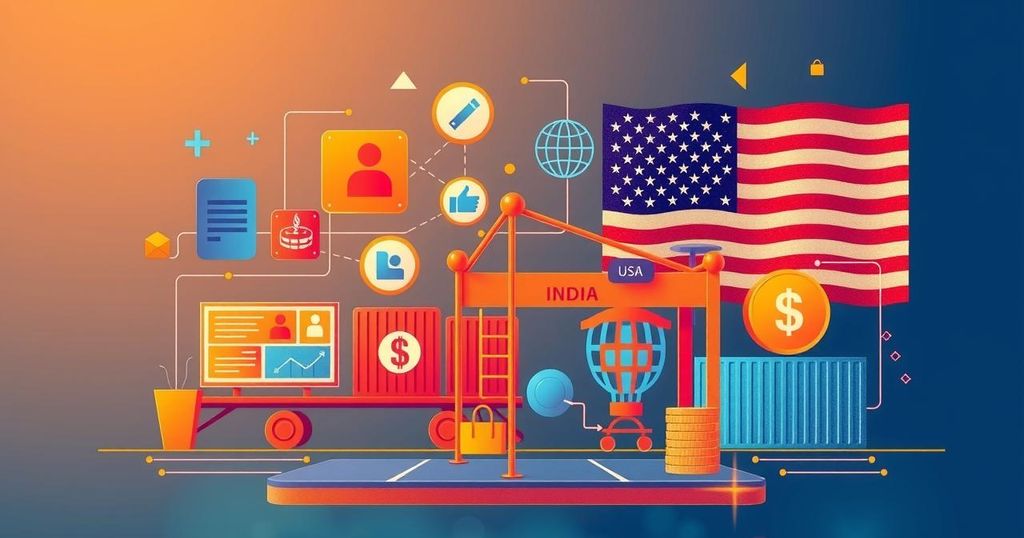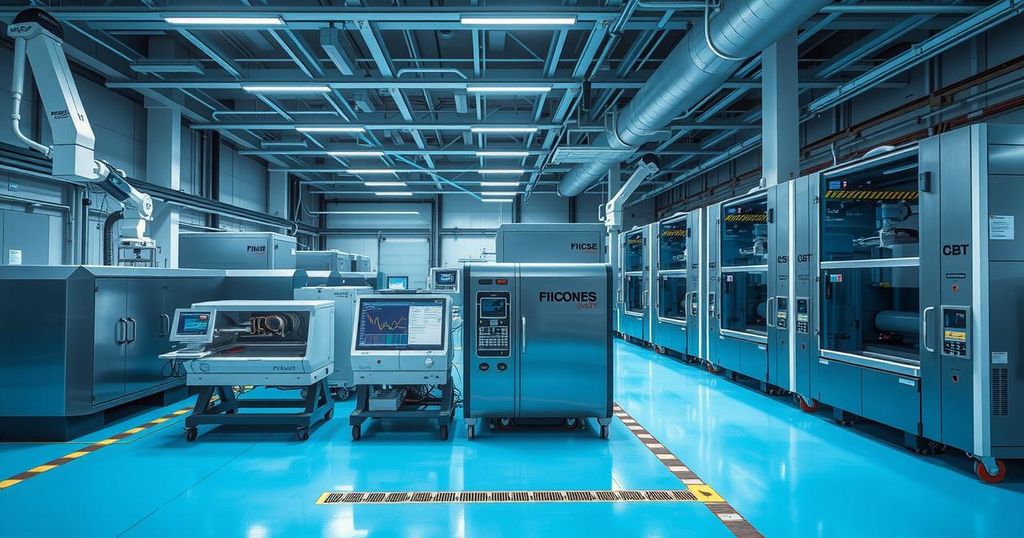The DRC’s announcement of a four-month ban on cobalt exports threatens to raise prices for consumer electronics and electric vehicles. With over 70% of global cobalt supply sourced from DRC, this move addresses a recent oversupply that has driven prices down. Industry analysts warn of potential cost increases and production delays, particularly affecting regions that heavily rely on DRC’s cobalt. The enforcement of the ban will involve stringent regulations and monitoring to ensure compliance and improve labor conditions.
The Democratic Republic of Congo (DRC), the world’s largest cobalt producer, has announced a four-month suspension on cobalt exports, which may lead to increased costs for consumer electronics and electric vehicles. Cobalt is a crucial component in the production of lithium-ion batteries found in smartphones, laptops, and electric vehicles, alongside being essential for other industrial applications.
Cobalt primarily comes from nickel and copper mining as a by-product, and the DRC controls over 70% of the global supply. The decision to halt exports is aimed at addressing an oversupply issue that has caused cobalt prices to decline significantly, having dropped from a record high of $82,000 per metric ton in April 2022 to $21,000 per metric ton by February 2025.
Industry experts anticipate that this ban will prompt price increases across several sectors, particularly for consumer electronics. As Peter Zhang, a supply chain manager, remarked, prices have already been adjusted by suppliers, and if the export ban extends beyond three months, consumers can expect higher costs or alterations in battery performance.
The announcement has caused an immediate reaction in the market, triggering an increase in cobalt futures. David Okoro, a metals trader, noted that prices might remain volatile. However, some analysts, like Joshua Cauthen, opine that any price surges may be short-lived due to existing market oversupply and suggested that companies may source cobalt from alternative markets such as Australia or Indonesia.
Countries heavily reliant on DRC’s cobalt, particularly China, may feel the effects most acutely. Meanwhile, the United States and several Asian nations are actively diversifying their supply chains to lessen dependency on Congolese cobalt, which could result in delayed deliveries and price hikes for high-end consumer technology.
To enforce the ban, DRC authorities have implemented stringent monitoring measures at key checkpoints, coordinated by agencies like the Direction Générale des Douanes et Accises (DGDA). These efforts aim to regulate the oversupplied international market. However, enforcement may pose challenges due to the geographical and infrastructural complexities of the mining regions.
Additionally, regulations are being introduced to curb unlawful mixing of artisanal cobalt with industrially mined products, while efforts to eradicate child labor and improve working conditions in cobalt mining are under way. As activist Elizabeth Nkosi pointed out, consistent enforcement and transparency from the government could signify a pivotal change for human rights within the mining sector.
The DRC’s export ban on cobalt is poised to have significant repercussions for the prices of consumer electronics and electric vehicles globally. This action, while aimed at addressing market oversupply, could lead to increased costs for consumers and alterations in battery performance. The enforcement of this ban and adherence to labor rights will be crucial as the situation evolves, especially against the backdrop of geopolitical tension and market diversification efforts by various countries. Consistent government action and international cooperation will be necessary to navigate the complexities of the cobalt market going forward.
Original Source: www.bbc.com




